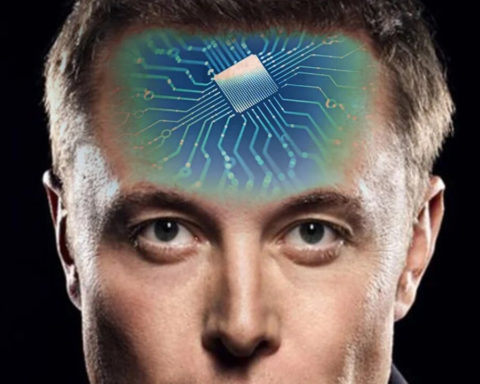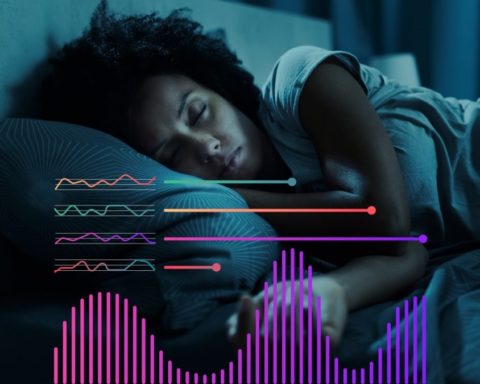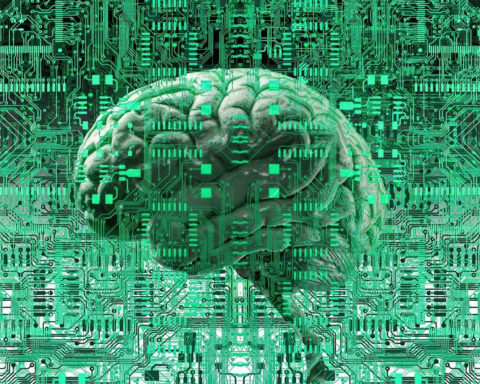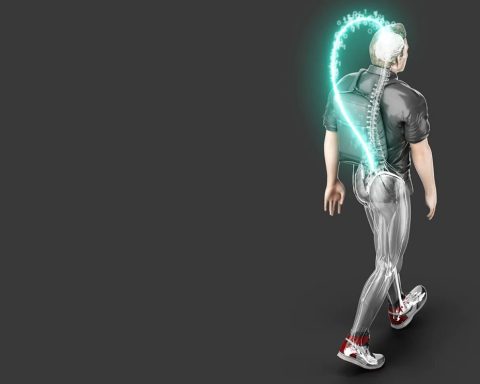Overconfidence
Overconfident
Two examples of the consequences of overconfidence
The experts, more modest than the philistines...
Do you know how to question your memories?
Rediscovering ignorance





Already registered? I'm connecting
Register and read three articles for free. Subscribe to our newsletter to keep up to date with the latest news.
→ Register for free to continue reading.

You have received 3 free articles to discover UP'.





